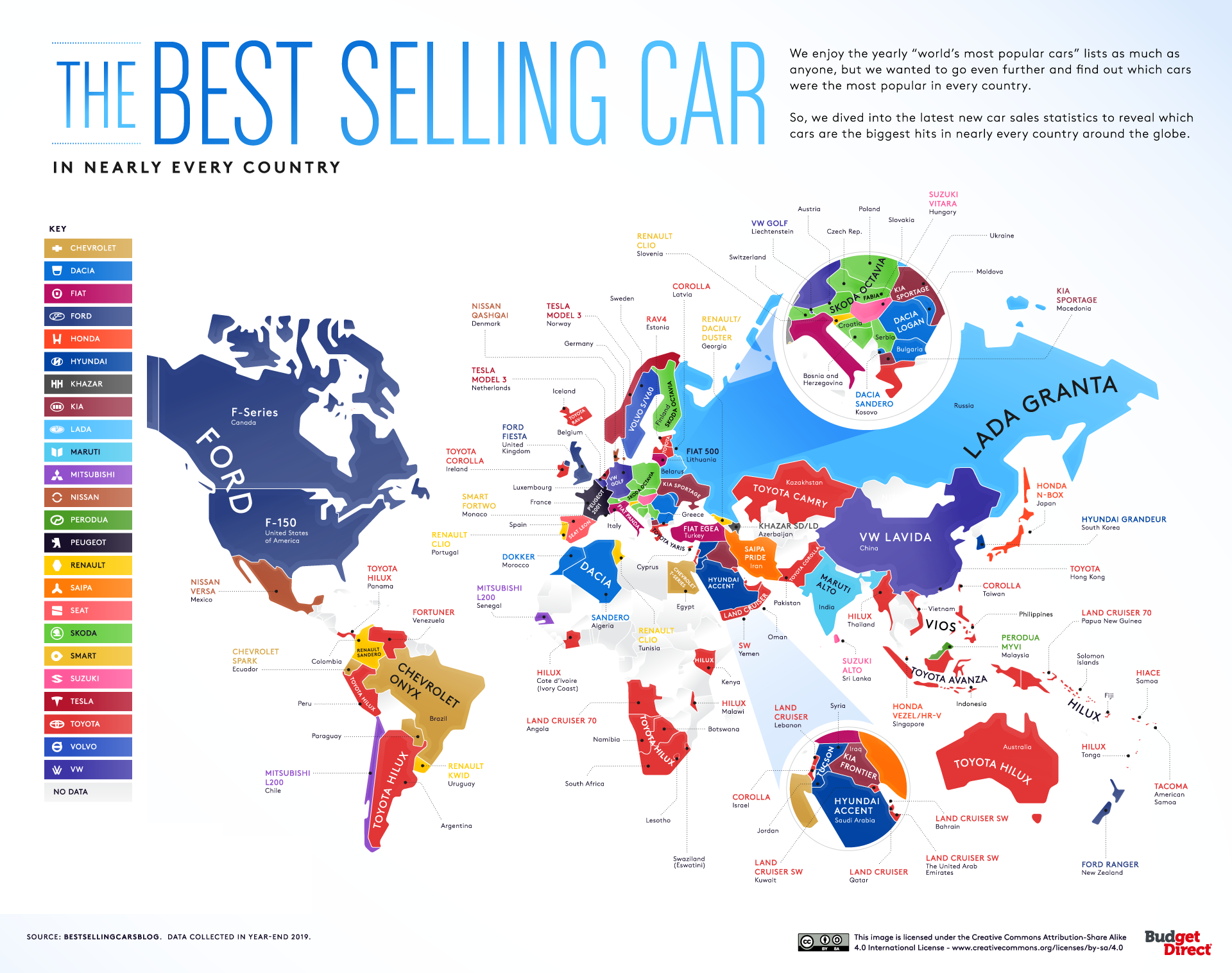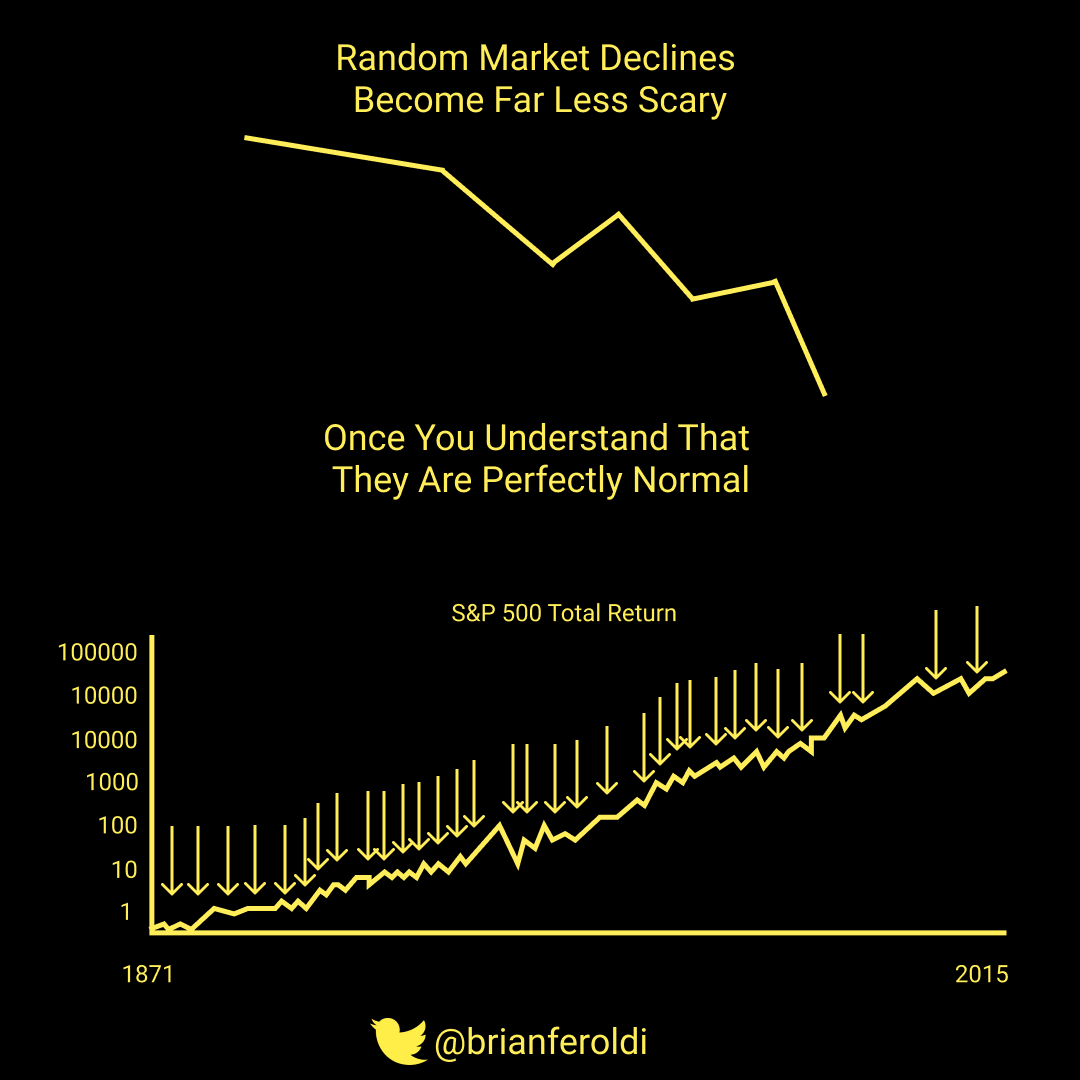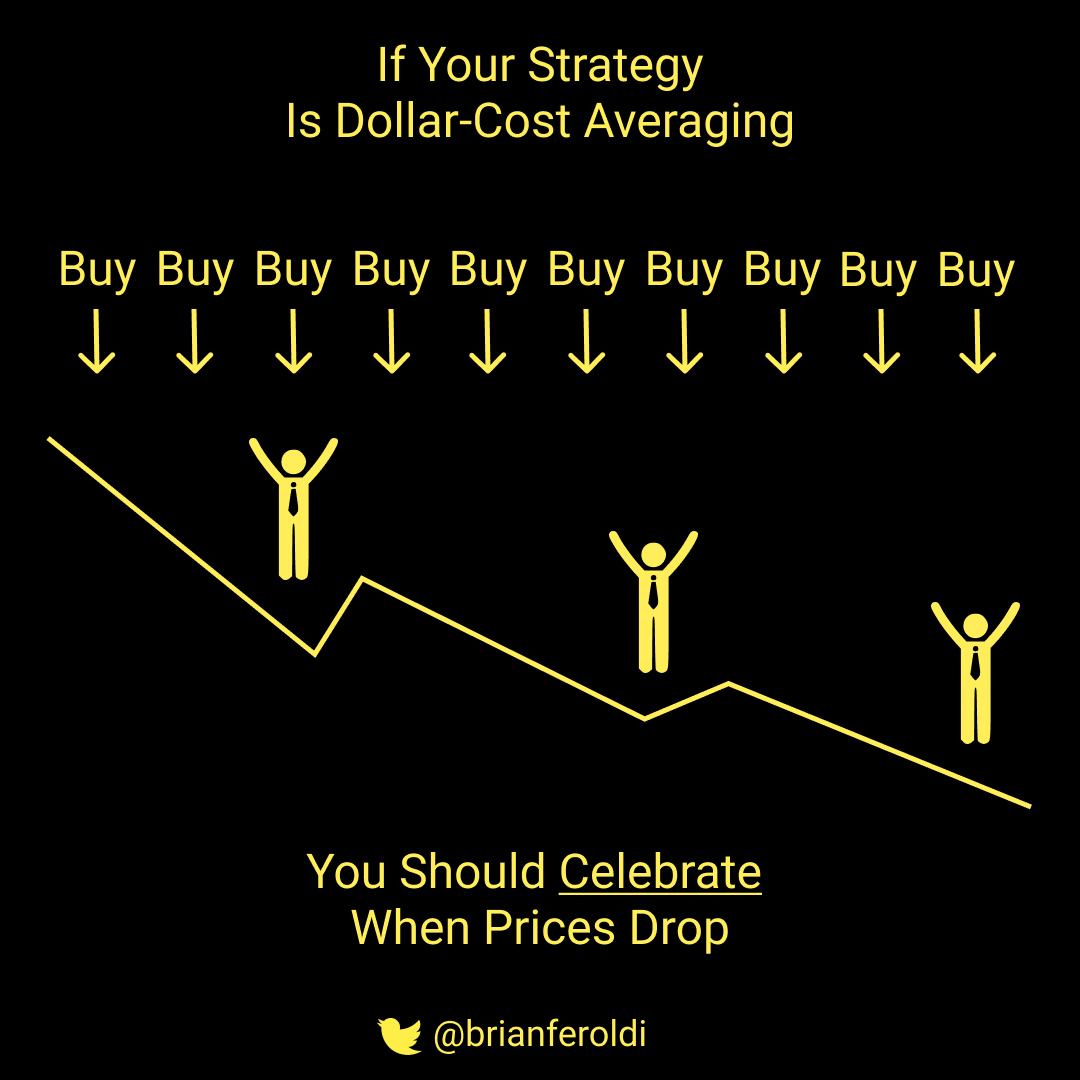Aug 26, 2021
Top 10 BEVs (battery electric vehicle - USA)
CLOV
$CLOV due for a squeeze pic.twitter.com/quSWG23DHW
— Ommie the Hommie (@OmarAboelazm) August 26, 2021
Disclaimer: All information is provided AS-IS and is for informational purposes only. The stocks mentioned in this blog are NOT considered to be past, present or future recommendations to buy or sell them. Ideas presented are just my personal opinions and are NOT to be considered as investment recommendations or advice. All investors SHOULD educate themselves and/or consult a qualified professional before trading any stock
Aug 25, 2021
Ark’s Cathie Wood Says AI Gives Tesla the 'Pole Position'
Aug 23, 2021
Hmmm, which one to pick !? 😂
Here's a comparison of the relative financial strength of several major international automakers.
— James Stephenson (@ICannot_Enough) August 23, 2021
(higher is better) 👀$TSLA pic.twitter.com/ejdc4X7F5c
Aug 20, 2021
Aug 19, 2021
Aug 17, 2021
Palantir - recent BTFDs from Ark Invest 💪😇🙏
Disclaimer: All information is provided AS-IS and is for informational purposes only. The stocks mentioned in this blog are NOT considered to be past, present or future recommendations to buy or sell them. Ideas presented are just my personal opinions and are NOT to be considered as investment recommendations or advice. All investors SHOULD educate themselves and/or consult a qualified professional before trading any stock
BTFD 😂
Aug 16, 2021
Aug 10, 2021
Aug 7, 2021
This is why China is regulating their Big Tech & Capital Market 👶👦👧👨👩👪
I believe China is trying to avoid some of the cons of western societies (social media/tech monopolies, online fake news, subjective young people morals and standards, deteriorating nuclear family values, money$ controlling politicians and deciding government policies). This is just one primate's opinion. 🙈🙉🙊
Aug 2, 2021
FIRE
Aug 1, 2021
Understanding China’s Recent Moves in Its Capital Markets (Ray Dalio)
I understand that it’s confusing to people who are not close to what’s happening. Since I started going to China 36 years ago, I have found that most Western observers who do not have direct contact with policy makers’ and don’t follow in detail the patterns of the changes have tended to not believe that the Chinese Communist Party’s usage of capital markets to foster development is real. They interpret moves like these two recent ones as the Communist Party leaders showing their true anti-capitalist stripes even though the trend over the last 40 years has clearly been so strongly toward developing a market economy with capital markets, with entrepreneurs and capitalists becoming rich. As a result, they’ve missed out on what’s going on in China and probably will continue to miss out. In this case the policy makers signaled to DiDi that it might not be best to go ahead with the listing and they understandably want to deal with the data privacy issue. In the case of the educational tutoring companies they want to reduce the educational inequality and the financial burden on those who are desperate to have their children have these services but can’t afford them by making them broadly available. They believe that these things are better for the country even if the shareholders don’t like it.
I remember a number of such analogous misinterpretations. For example, I remember how the Chinese retail investor bubble bursting led to government stock buying and then the government trying to manipulate the market for a while. Also I remember the Chinese currency plunge in 2015-16 resulting from the PBoC widening the band and how that led to many investors pointing to these developments as evidence that policy makers were turning away from developing capital markets. Some skeptical investors looked at these moves as inappropriate anti-free market interventions even though these same moves happened many times in many capitalist markets and even though the fiscal and monetary policy interventions in the U.S. and other developed markets dwarf the Chinese government interventions in its markets. Through it all Chinese policy makers successfully managed the fallout and pursued their goals; i.e., the direction of their actions never changed. It has been in support of a fast and steady development of capital markets, entrepreneurship, and openness to investment to foreign investors. So I encourage you to look at the trends and not misunderstand and over-focus on the wiggles.
To understand what’s going on you need to understand that China is a state capitalist system which means that the state runs capitalism to serve the interests of most people and that policy makers won’t let the sensitivities of those in the capital markets and rich capitalists stand in the way of doing what they believe is best for the most people of the country. Rather, those in the capital markets and capitalists have to understand their subordinate places in the system or they will suffer the consequences of their mistakes. For example, they need to not mistake their having riches for having power for determining how things will go.
You also need to understand that in this rapidly developing capital markets environment Chinese regulators are figuring out appropriate regulations so, when they are changing fast and aren’t clear, that causes these sorts of confusions, which can be misconstrued to be anti-capitalist moves.
Also, you need to understand that the global geopolitical environment changing leads to some changes. You can see that reflected in the U.S. governments’ policy shifts such as a) changing its policies about Chinese companies’ listings in the United States and b) threats to prohibit American pension funds from investing in China.
Assume such things will happen in the future and invest accordingly. But don’t misinterpret these wiggles as changes in trends, and don’t expect this Chinese state-run capitalism to be exactly like Western capitalism.
Having said that, I do think that it is unfortunate that Chinese policy makers don’t publicly communicate the reasoning behind their moves more clearly.
As for investing, as I see it the American and Chinese systems and markets both have opportunities and risks and are likely to compete with each other and diversify each other. Hence they both should be considered as important parts of one’s portfolio. I urge you to not misinterpret these sorts of moves as reversals of the trends that have existed for the last several decades and let that scare you away."










